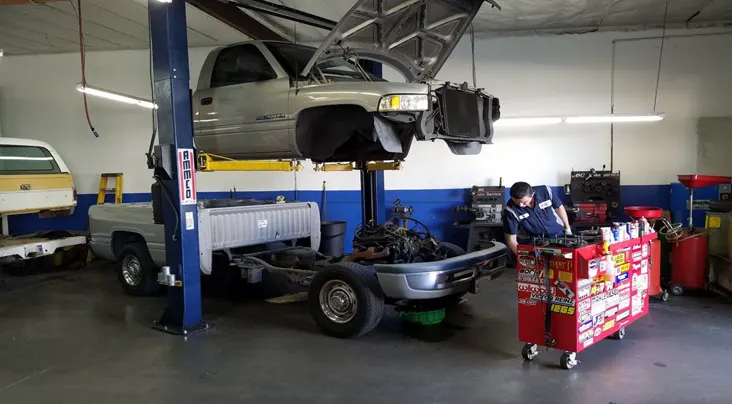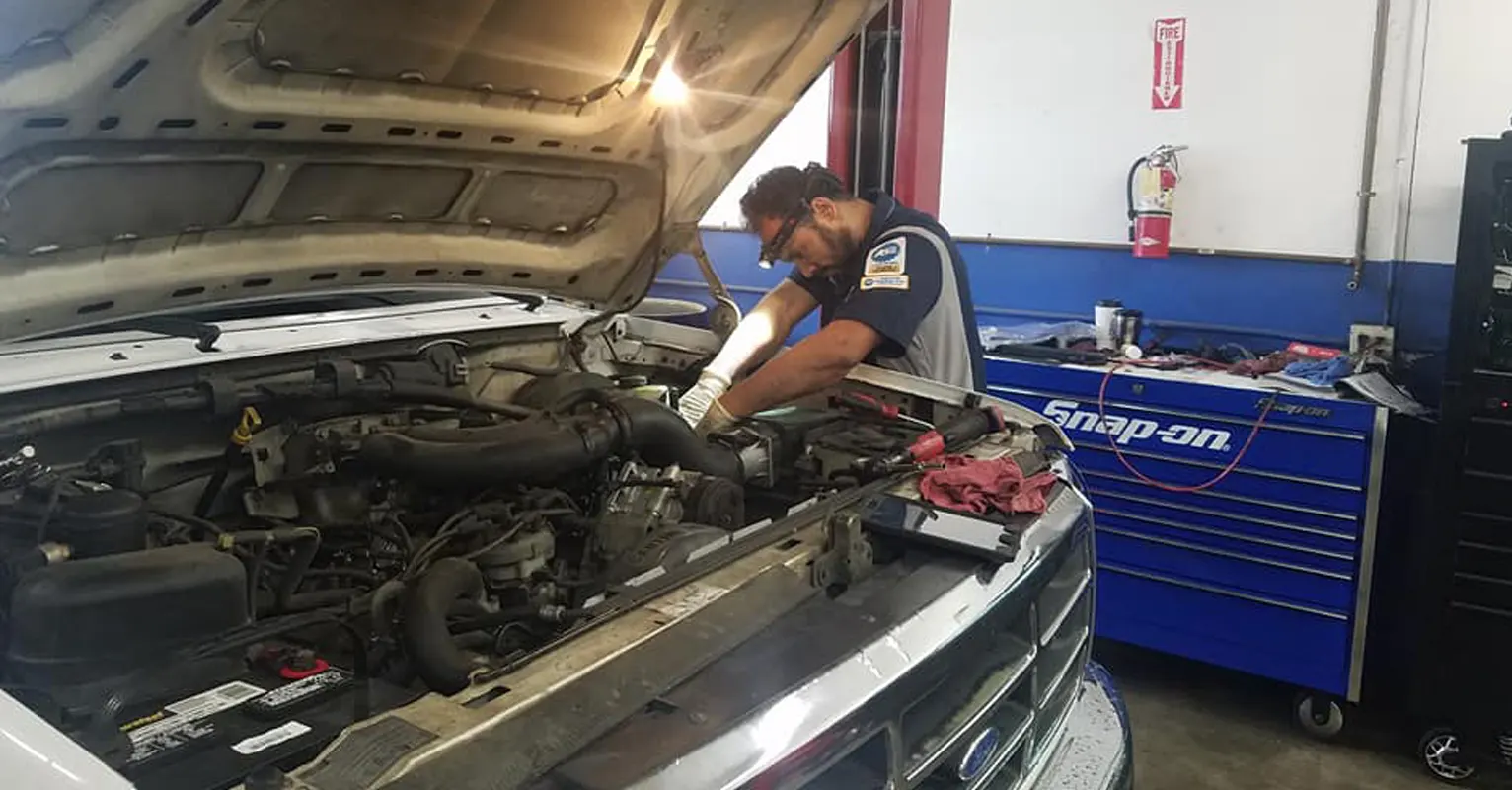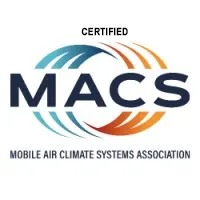
Archive for July 2025Oil's Well That Ends Well (Oil Change Grades and Weight)Posted July 20, 2025 4:44 AMChanging your oil regularly is one of the most important things you can do to keep your vehicle running well. And knowing the right type of oil to use is also very important. Engine oil is classified by weight, but it doesn't refer to how much the oil would weigh if you put it on a scale. It refers to viscosity, or how easily the oil flows through the engine. Most engines operate normally at around 210°F/99°C. The viscosity, or weight, is assigned a number by how well it flows at that temperature. The lower the number, the more freely it flows. Most vehicle engines use what's called a multigrade oil which behaves differently in different temperatures. Multigrade oils have a "W" in their viscosity number that you may have seen on a bottle of oil, something like 5W30. The W stands for winter and shows how freely it flows in colder temperatures. That means a 5W30 oil will behave like a 5 weight oil in lower temperatures (less viscous or thinner) and a 30 weight oil in warmer temperatures (more viscous or thicker). That's important on a cold day because the oil needs to behave like a thinner oil when you start your engine since it need to lubricate engine components immediately to protect the metal components. Then as the engine warms up, it behaves like a thicker oil to prevent friction among those parts. Pretty neat trick, right? The type of oil you use can differ depending on what type of climate you operate your vehicle in and how your vehicle is used (carrying big loads, towing, etc.). Your owner's manual contains several different recommendations based on these factors. Your service advisor can recommend the right oil for your needs. Like Shakespeare said, "Oil's well that ends well." Star Auto Service & AC The Best Book that's Not a Best-SellerPosted July 13, 2025 4:52 AMSometimes the movie is better than the book, sometimes it's the other way around. But when it comes to your vehicle, the best book of all is the owner's manual. The plot is simple: Owner wants long life and dependable performance from the vehicle, manual has the way to achieve that long life and dependable performance. And yet, it's amazing that some people will own a vehicle for years and never even crack this book. They'll only read it when they absolutely have to, for things like finding out how to change the clock. Ok, so you're probably not going to rush right over to your glove box and start reading the owner's manual cover to cover. We know that. But just think of what you can get out of it. Consider this. Those who wrote or helped write this book include the engineers who designed it and the people who tested and refined it. They know more about your vehicle than anyone, period. They know how long a part is likely to last and what you need to do to take care of it. They know how far a distance or how long a time you can drive before you have to change certain fluids in it. They know what temperature it can reach before things will start to break. And they've put your vehicle model through torture, testing it in the absolute worst conditions to see how to make it stand up to more abuse than it will ever receive. They've then torn it down, examined it and, in many cases, redesigned the parts to make them even better. And they've put down—in fairly minute detail—this blueprint that, if you and our experts at Star Auto Service & AC follow their suggestions, will make it very likely that your vehicle will serve you well for a long time. If you don't follow those suggestions, all bets are off. We didn't even mention that the owner's manual tells you how to operate everything in your car. How to adjust the heat and air conditioning, how to pair your smartphone with the audio system, how to program your key fob so it won't sound the horn when you lock your vehicle. Have you lost your manual or did you buy a vehicle that didn't come with one? Many are available either online or in paper form. If you don't know where to begin with such a long book, try a couple of pages a week, just three minutes. You’ll discover your vehicle does things you never even knew it could do. And the movie will never be as good.
Star Auto Service & AC Service Tip: Why Synthetic Oil Is Good For Your VehiclesPosted July 6, 2025 4:19 AMHello CA! Today's vehicle care topic is: Synthetic Oil vs. Petroleum Based Oil. Synthetic motor oil is a substitute for petroleum based oil. If you aren't currently using it, why not? Synthetic motor oil maximizes engine power and fuel economy. To see why, we'd need a microscope, so we'll have to settle for using our imaginations. The molecules of conventional motor oil are long hydrocarbon chains. Synthetic motor oil, on the other hand, has uniform, round molecules. Which is slipperier, a pile of pencils or a pile of marbles? Star Auto Service & AC
| ||
SearchArchiveNovember 2024 (16)December 2024 (5) January 2025 (4) February 2025 (4) March 2025 (5) April 2025 (4) May 2025 (4) June 2025 (5) July 2025 (4) August 2025 (5) September 2025 (4) October 2025 (4) November 2025 (5) December 2025 (4) January 2026 (4) February 2026 (4) March 2026 (1) | CategoriesTPMS (2)Inspection (2)Windshield Wipers (2)Alignment (3)Air Conditioning (1)Safe Driving (1)Exhaust (3)Fluids (3)Drive Train (2)Transmission (3)Cooling System (2)Headlamps (2)Keys to a long lasting vehicle (1)Tires (2)Fuel Economy (2)Maintenance (2)What Customers Should Know (20)PCV Valve (2)Water Pump (2)Tire Rotation and Balancing (1)Fuel System (1)Oil Change (4)Cabin Air Filter (2)Tires and Wheels (1)Check Engine Light (2)Brakes (2)Alternator (2)Engine Air Filter (1)Battery (1)Transfer Case Service (1)Suspension (1)Timing Belt (1) | |


Star Auto Service & AC
221 Viking AveBrea, CA 92821
Serving Areas
Star Auto Service & AC
221 Viking AveBrea, CA 92821











